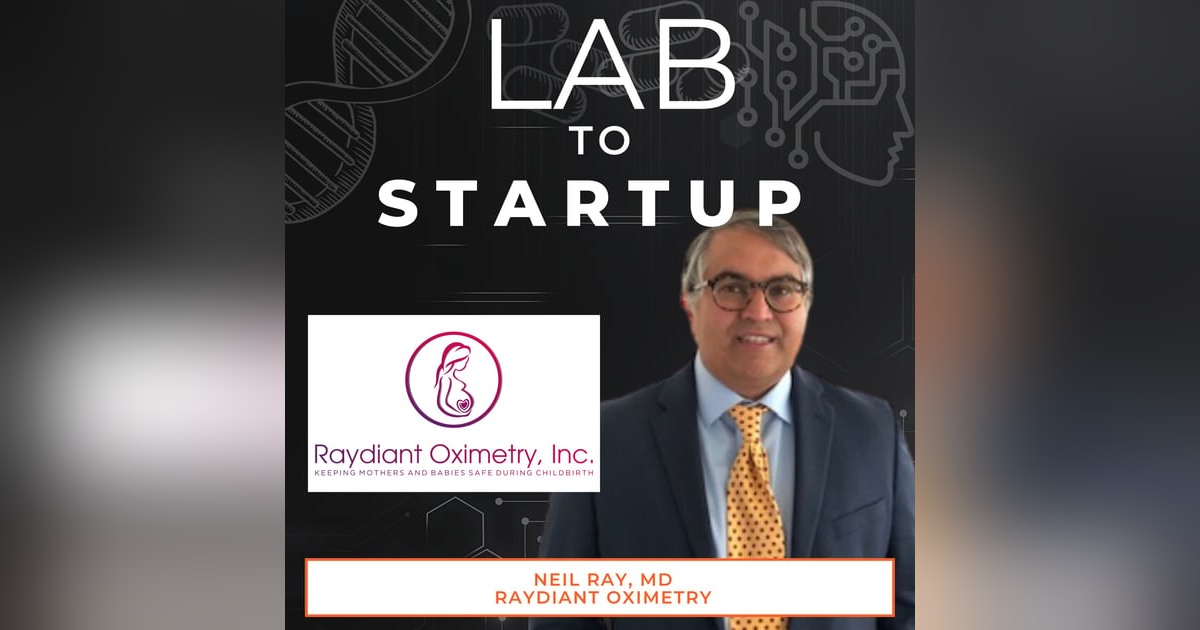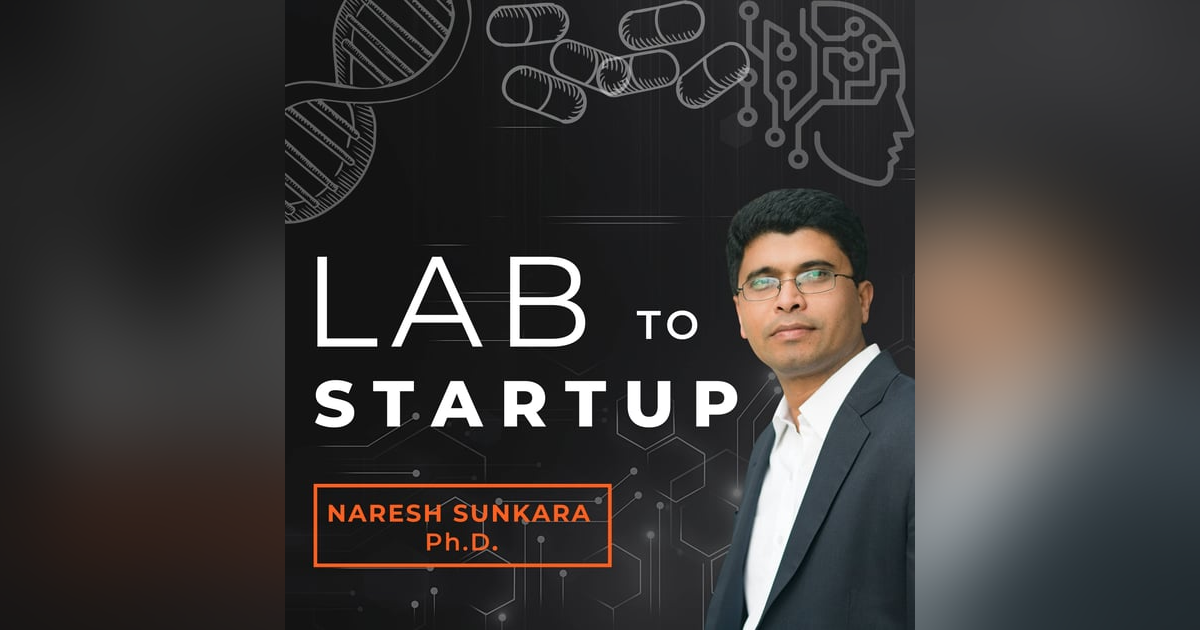Raydiant Oximetry- Preventing unnecessary C-Sections and making childbirth safer

Dr. Neil Ray is the Founder and CEO of Raydiant Oximetry, a medical device company that has developed a safe and non-invasive technology that directly monitors babies’ oxygenation during childbirth. This prevents unnecessary C-sections for women...
Dr. Neil Ray is the Founder and CEO of Raydiant Oximetry, a medical device company that has developed a safe and non-invasive technology that directly monitors babies’ oxygenation during childbirth. This prevents unnecessary C-sections for women during childbirth, while keeping the newborn safe. Neil is a clinical anaesthesiologist by training, who gave up his medical practice to build this startup.
We talk about the underlying technology, the challenges Nail had to face while transitioning to the role of a founder; naive assumptions he made; innovation in women’s health; Interactions with investors and fundraising; challenges that entrepreneurs in the medical device space face trying to get pilots at hospitals; go to market strategy and lessons he learnt being a physician entrepreneur.
Shownotes:
- https://www.raydiantoximetry.com
- Raydiant Oximetry uses the principles of pulse oximetry to measure fetal oxygen levels
- Uses light to measure the differences in the color of oxygenated vs deoxygenated blood
- Built the solution based on his experience being a clinical anaesthesiologist
- Very little innovation in women's healthcare
- Naively (at the beginning) focused on the patients rather than thinking about the market size
- Concept of market size is not hard. It just needs to be taught
- Realize that selling is a big part of becoming an entrepreneur (always selling)
- Making decisions with incomplete information
- Colleagues were not too supportive during the transition to becoming an entrepreneur
- Giving up a full time paying job as a doctor and becoming a founder is hard
- Breaking down silos in medical practices and bringing other experts to the table
- Investors want to see how you're putting your skin in the game before they invest- Neil gave up his job and invested from his savings to build the prototype!
- Lessons learnt from interacting with investors as a physician
- Angel MD, MD Angels, Mass Medical Angels, D Capital, Avestria Ventures, etc.
- CITRIS Foundry helped tell a good story that helped them get into Fogarty Institute
- 90% of the companies from Fogarty institute have been successful
- Network effects at play
- Working with hospitals to test prototypes is hard- Need a champion
- Work on something transformative- not on incremental innovations
- Sales cycle of medical devices are long at hospitals- need big, established players
- As a small player, focus on clinical data and find someone else to sell
- NSF I-Corps helped identify/understand stakeholders
- It's easy to get into echo chambers. You need to become intellectually honest
- Investors tend to say that there is no need for a product like this, but those in the space realize how important the innovation was.
- Advice to physicians planning to launch a startup








